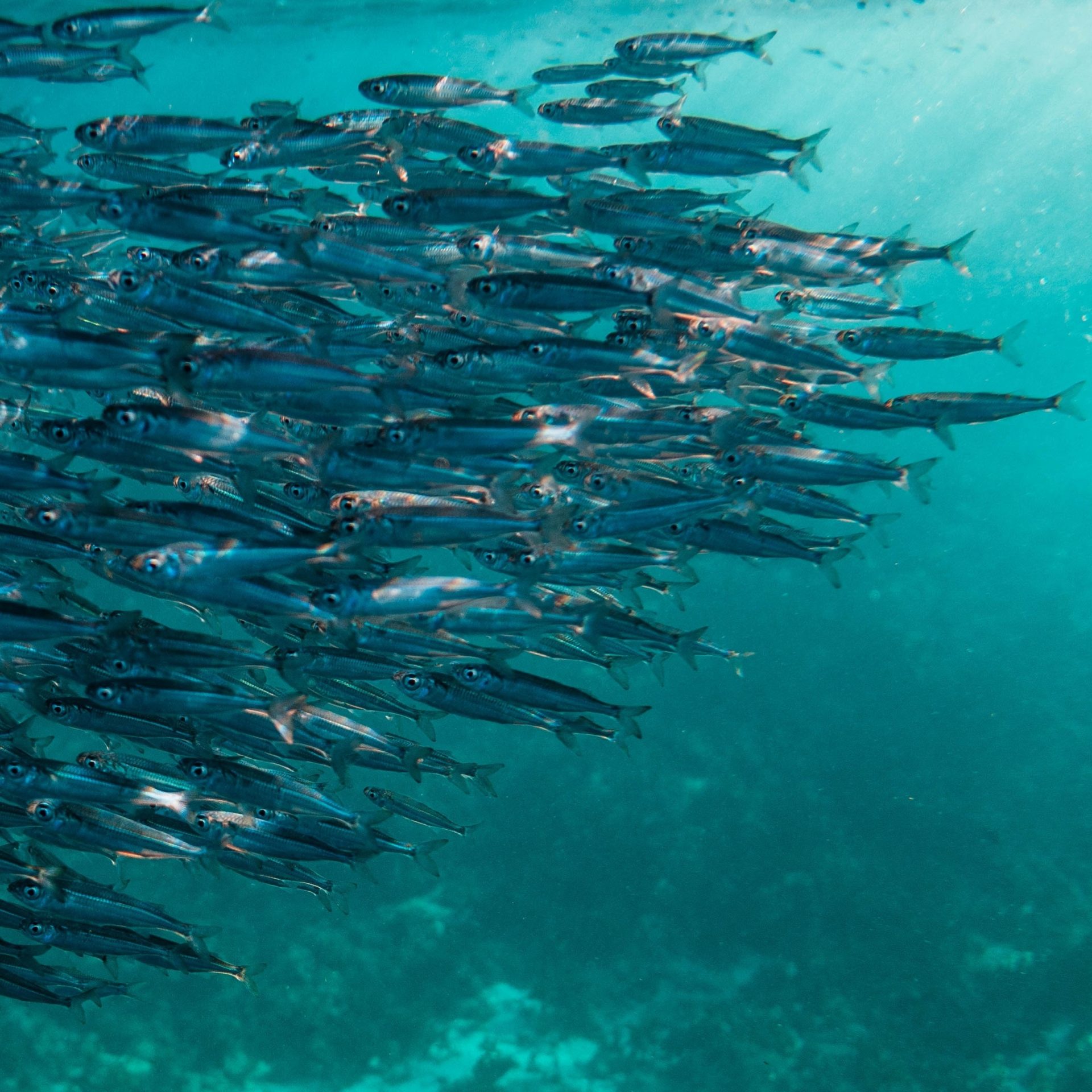
- This event has passed.
Dustin Lehmann, Fritz Francisco, Jorg Raisch, Pawel Romanczuk (Science of Intelligence), “Dynamical Adaptation and Learning: Knowledge Transfer and Cooperative Learning in Groups of Heterogeneous Agents”
12 January, 2023 @ 10:00 am - 11:00 am
Abstract:
In groups of agents learning how to solve a common task, interaction and knowledge transfer between agents is important and can vary depending on network topology. Heterogeneity is one of the key principles that influences the type and quality of interaction between learning agents. Different learning strategies and behaviors can be a driving factor for the learning success at the group and individual level, whereas differences in dynamics (or capabilities, behaviors, internal states, etc.) can impede the direct transferability of knowledge and may require dynamic adaption of the agents.
In this talk, we show how to infer behavioral heterogeneity in learning groups of fish and how this affects future learning capabilities. Prior knowledge of social partners affects the outcome of learning processes and timing of information uptake. We further investigate behavioral heterogeneity from the perspective of synthetic dynamic systems and how to transfer knowledge between dissimilar agents to enable cooperative learning of how to solve a common task. First results show how to exploit heterogeneity for learning in synthetic agents and which information gradient is beneficial when dealing with novel tasks in a social context.
This talk will take place in person at SCIoI.





